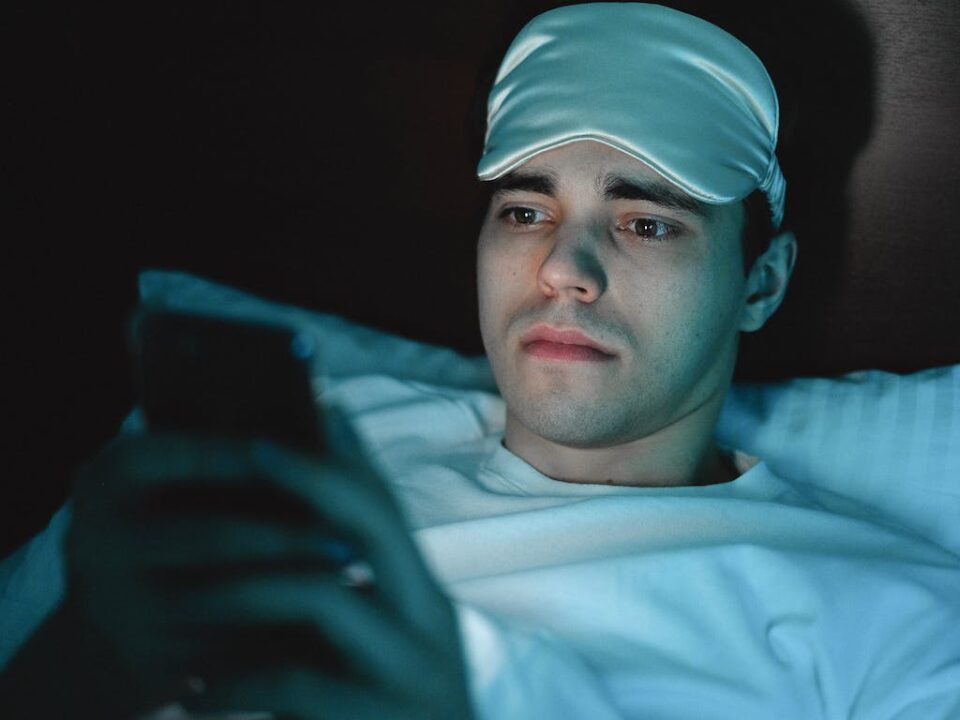In today’s digital age, screens have become an integral part of our lives. We’re constantly surrounded by electronic devices, from smartphones to tablets to laptops and TVs. While these gadgets bring convenience and entertainment, they can also impact our sleep quality if not managed properly. The glow of screens emits blue light, which can interfere with our body’s natural sleep-wake cycle. But there are ways to balance screen time and a good night’s sleep.
Understanding the Blue Light Effect
Screens emit blue light, notorious for disrupting our circadian rhythm – the internal clock regulating sleep and wakefulness. When exposed to blue light in the evening, our brain gets the signal that it’s daytime, making it harder to wind down and fall asleep. The melatonin production, a hormone responsible for sleep, is suppressed by blue light, further complicating our ability to drift into a peaceful slumber.
Setting a Digital Curfew
Establishing a digital curfew can work wonders for your sleep. Aim to cut off screen usage at least an hour before bedtime. This allows your brain to adjust to dimmer lighting and sends signals that it’s time to wind down. Instead of scrolling through social media or binge-watching shows, consider engaging in relaxing activities like reading a physical book, practicing gentle yoga, or enjoying a warm cup of herbal tea.
Night Mode & Blue Light Filters
Many devices now offer a ‘Night Mode’ or ‘Blue Light Filter’ feature. Enabling this mode reduces the amount of blue light emitted by your screens. It creates a warmer, more amber-hued light, which is less disruptive to your sleep cycle. You can schedule this feature to turn on automatically in the evening, ensuring your eyes and sleep patterns remain undisturbed.
Dimming the Lights
Besides adjusting your device settings, consider dimming the ambient lighting around you. Bright overhead lights can counteract the benefits of a blue light filter. Opt for soft, warm-toned lamps to create a soothing atmosphere that encourages relaxation.
Investing in Blue Light-Blocking Glasses
Blue light-blocking glasses can be a game-changer for those who can’t avoid screen time closer to bedtime due to work or other commitments. These glasses filter out harmful blue light, preventing it from disrupting your melatonin production. This way, you can engage with your devices without sacrificing sleep quality.
Creating a Sleep-Friendly Bedtime Routine
Screens aside, establishing a consistent bedtime routine signals your body that it’s time to wind down. Activities like taking a warm bath, practicing mindfulness, or gentle stretching can prepare your mind and body for a restful night’s sleep. Keep your bedroom a tech-free zone to associate it solely with relaxation and sleep.

